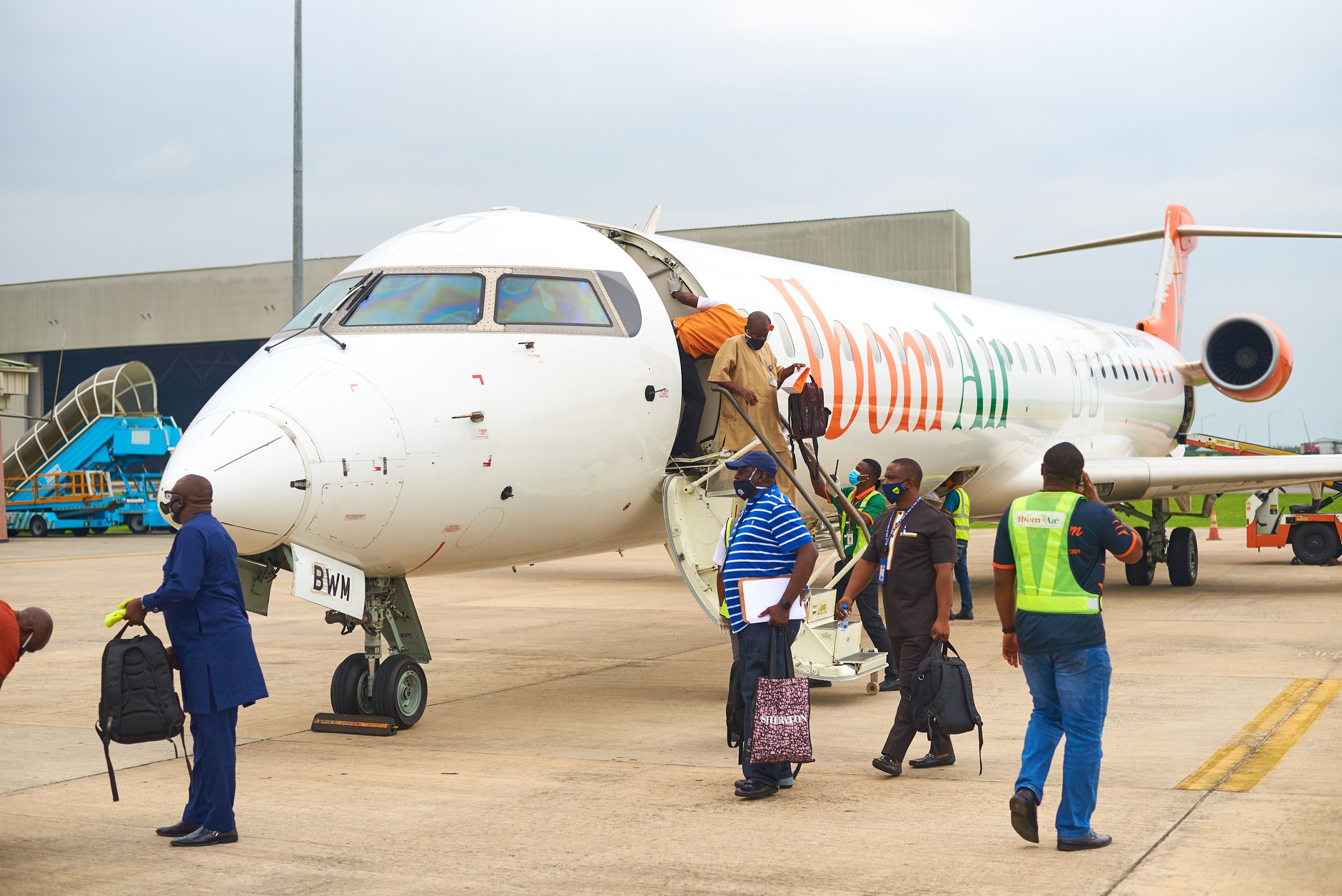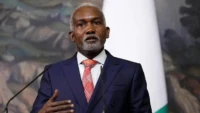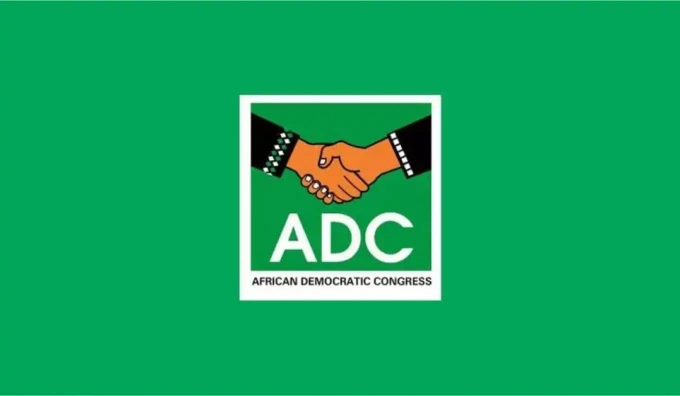In a dramatic turn of events last Wednesday, an Ibom Air flight from Uyo to Abuja, scheduled for 17:30 hrs, was thrust into chaos by the actions of a single passenger. The Nigerian Civil Aviation Authority (NCAA), through its Director of Public Affairs and Consumer Protection, Mr. Michael Achimugu, detailed the incident on his X handle, painting a vivid picture of how one individual’s refusal to comply with airline procedures led to widespread disruption.
The ordeal began innocuously enough with all passengers being briefed during check-in about potential baggage restrictions due to the aircraft’s weight limitations. This was standard procedure, with passengers whose luggage exceeded 20kg signing indemnity forms, and others being verbally informed that their bags might arrive on a subsequent flight. The consent seemed unanimous, including from the passenger at the heart of the controversy.
However, upon boarding and realizing her luggage was not on board, the passenger’s demeanor shifted dramatically. She descended from the aircraft, adamantly demanding that her bags be loaded before takeoff, effectively grounding the flight. Her actions were not just a simple protest but an outright hostage situation of the plane, refusing to budge even after interventions from the Federal Airports Authority of Nigeria (FAAN) Aviation Security (AVSEC) and the pilot, who even offered to bring her checked bag into the cabin, an offer negated by the bag’s size.
The situation escalated as the clock ticked closer to the closure of Uyo’s sunset airport airspace. AVSEC officials informed the passenger of the necessity to deboard if she wouldn’t fly without her luggage, only for her to re-enter the aircraft to block the aisle, demanding no one leave without her bags. This left 89 passengers, including an infant and a chef traveling for work, in a state of frustration and delay.
The climax came when the airspace was officially closed, forcing the pilot to cancel the flight. The passengers’ frustration turned to anger, only quelled by the swift actions of AVSEC and Ibom Air personnel, preventing what could have been a violent outcome. The aftermath saw Ibom Air scrambling to accommodate the stranded passengers with refreshment, transport, and hotel stays, incurring significant, avoidable costs.
This incident underscores the delicate balance airlines maintain, where profit margins are razor-thin, and scheduling is a puzzle that, once disturbed, takes considerable effort to realign. It also highlights the impact of individual behavior on collective travel experiences, urging a reflection on passenger rights versus responsibilities in air travel. The NCAA’s response and the airline’s handling of the situation serve as a case study in crisis management, passenger engagement, and the enforcement of travel etiquette for the safety and efficiency of air travel in Nigeria.












I cant believe people still act out on flights! What drives someone to disrupt a whole flight? Its just crazy.
Do you think airlines should implement stricter consequences for unruly passengers? Its ridiculous how disruptive behavior can impact so many people.
What a wild ride! Should airlines implement stricter consequences for unruly passengers to ensure a safer travel experience for everyone?
I cant believe people still act out on flights! Whats wrong with some folks these days? Hope they get banned for life.
Why cant people behave on flights? Its not a party bus! Show some respect for others and the crew.
Do you think airlines should implement stricter consequences for unruly passengers? Its a safety issue that affects everyone onboard.
Why cant people behave on flights? Its not that hard to just sit down and chill for a few hours. Seriously, grow up!